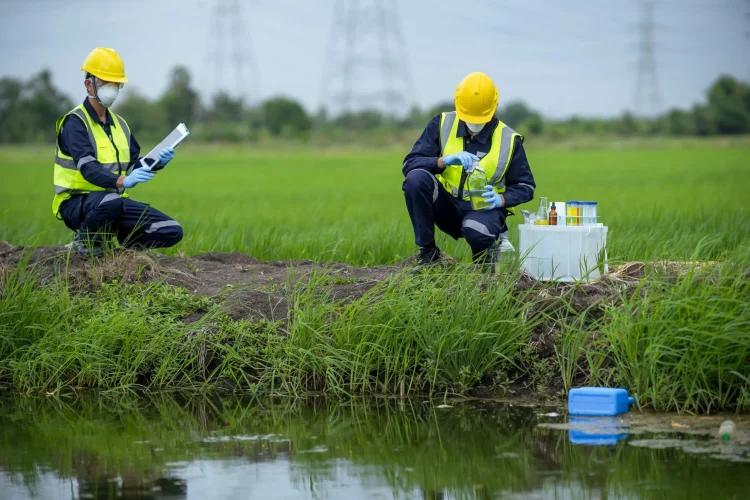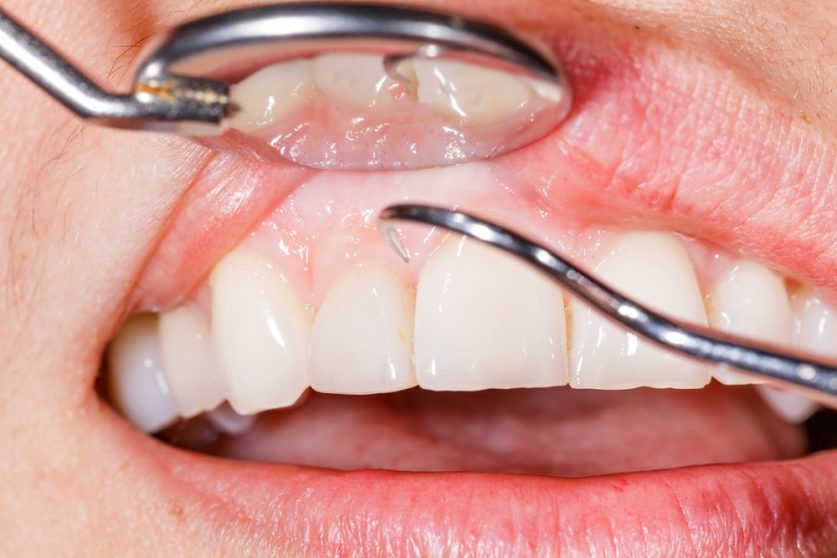How Do Experts Clean Contaminated Sites Effectively?
When it comes to dealing with contaminated sites, hiring professionals for environmental remediation is crucial. Contaminated areas pose serious health and environmental risks, and improper cleanup can exacerbate these issues. Understanding how experts approach this complex task helps property owners make informed decisions and ensures a safer, cleaner environment. At Ideal Response, our team emphasizes precision, safety, and efficiency in all remediation projects.
What Is Environmental Remediation?
Environmental remediation is the process of removing pollutants or contaminants from soil, water, and air to restore a site to a safe and usable state. These contaminants may include chemicals, heavy metals, biological hazards, or industrial waste. The main goal of remediation is not only to clean but also to prevent future environmental damage and health hazards.
Professional remediation specialists follow strict regulations and industry standards to ensure that the cleanup process meets environmental safety guidelines. This involves a detailed assessment, planning, execution, and post-cleanup monitoring. At Ideal Response, our focus is on delivering comprehensive solutions that address both immediate risks and long-term safety.
How Do Experts Assess Contaminated Sites?
Before any cleanup begins, professionals conduct a thorough site assessment. This step is critical in understanding the type and level of contamination. The process typically involves:
- Initial Inspection: Experts visually inspect the site for signs of contamination, such as chemical spills, unusual odors, or discolored soil.
- Sampling and Testing: Soil, water, and air samples are collected and analyzed in specialized laboratories to identify contaminants and their concentrations.
- Risk Evaluation: Based on the findings, professionals evaluate the potential health and environmental risks. This helps determine the scope of the remediation process and the necessary safety measures.
Accurate assessment ensures that the environmental remediation plan is tailored to the specific conditions of the site, minimizing the risk of future contamination.
What Techniques Do Experts Use for Effective Cleanup?
Cleaning contaminated sites requires specialized techniques, depending on the type of contamination and site conditions. Experts often use a combination of methods to achieve the best results:
- Excavation and Removal: Contaminated soil or material is physically removed and transported to approved disposal facilities.
- Chemical Treatment: Certain contaminants can be neutralized or broken down using chemical agents. This method is often applied to soils and water.
- Bioremediation: Biological organisms, such as bacteria and fungi, are used to naturally degrade pollutants. This is an eco-friendly option for organic contaminants.
- Containment: In cases where removal is not feasible, experts may contain the contaminant to prevent its spread. Barriers and liners are commonly used for this purpose.
- Emergency Water Damage Restoration: For sites affected by flooding or water leaks, emergency water damage restoration techniques are used to prevent contamination from spreading through water pathways.
These methods are carefully selected based on the contamination type and severity. Professionals also continuously monitor progress to ensure that cleanup goals are met efficiently and safely.
How Do Professionals Ensure Safety During Remediation?
Safety is a top priority during environmental remediation. Contaminated sites often contain hazardous chemicals or biohazards that can pose serious health risks. Experts follow strict safety protocols to protect workers and the public, including:
- Wearing personal protective equipment (PPE) such as gloves, masks, and protective suits.
- Using specialized tools and machinery to handle hazardous materials.
- Implementing controlled access to prevent unauthorized entry.
- Following proper disposal and treatment procedures to avoid secondary contamination.
By prioritizing safety, remediation experts prevent accidents and ensure that the site remains secure throughout the cleanup process.
How Do Experts Manage Water-Related Contamination?
Water can be a major vector for contamination, spreading pollutants across a site or into surrounding areas. For this reason, professionals often integrate emergency water damage restoration strategies into environmental remediation. This may include:
- Pumping and Water Extraction: Removing standing water to limit the spread of contaminants.
- Dehumidification and Drying: Preventing mold growth and further contamination.
- Water Testing and Filtration: Ensuring that contaminated water does not enter local waterways.
- Sanitation: Disinfecting areas that have come into contact with hazardous water.
These measures are essential for maintaining both environmental and public health, especially after natural disasters, industrial spills, or flooding events.
How Is Long-Term Site Safety Maintained?
Remediation does not end when contaminants are removed. Experts focus on long-term monitoring and maintenance to ensure that the site remains safe. This may involve:
- Regular Testing: Periodic soil, water, and air tests to detect any remaining or new contaminants.
- Preventive Measures: Installing containment systems or barriers to prevent recontamination.
- Documentation and Reporting: Maintaining records of remediation efforts to comply with environmental regulations.
Proper follow-up ensures that the site remains safe for future use, protecting both the environment and local communities.
Why Should You Hire Professionals for Environmental Remediation?
Attempting to clean a contaminated site without expertise can be dangerous and ineffective. Professional remediation experts bring:
- Specialized knowledge and training in handling hazardous materials.
- Access to advanced equipment and technology.
- Compliance with environmental laws and safety regulations.
- Efficient cleanup strategies that minimize long-term environmental impact.
At Ideal Response, we combine years of experience with industry-leading techniques to deliver reliable and safe environmental remediation services. Our team ensures that each project is completed efficiently while protecting human health and the environment.
What Are the Key Benefits of Professional Remediation?
Choosing experts for contaminated site cleanup offers several advantages:
- Safety: Reduces the risk of exposure to harmful chemicals or pathogens.
- Efficiency: Professionals can clean and restore the site faster than untrained individuals.
- Compliance: Ensures adherence to environmental regulations, avoiding potential fines or legal issues.
- Restoration of Property Value: Clean, safe sites can be repurposed or sold more easily.
- Peace of Mind: Knowing that the cleanup is handled by skilled experts provides confidence and reduces stress.
Conclusion
Effectively cleaning a contaminated site requires careful planning, advanced techniques, and strict adherence to safety protocols. From assessment and excavation to emergency water damage restoration and long-term monitoring, every step is designed to restore safety and prevent future contamination. Hiring professionals ensures the cleanup is thorough, compliant, and sustainable.
For safe and efficient environmental remediation, partnering with experienced specialists like Ideal Response is the ideal choice. Their expertise not only addresses immediate hazards but also safeguards the site and surrounding environment for years to come. Investing in professional remediation is an investment in health, safety, and environmental responsibility.













